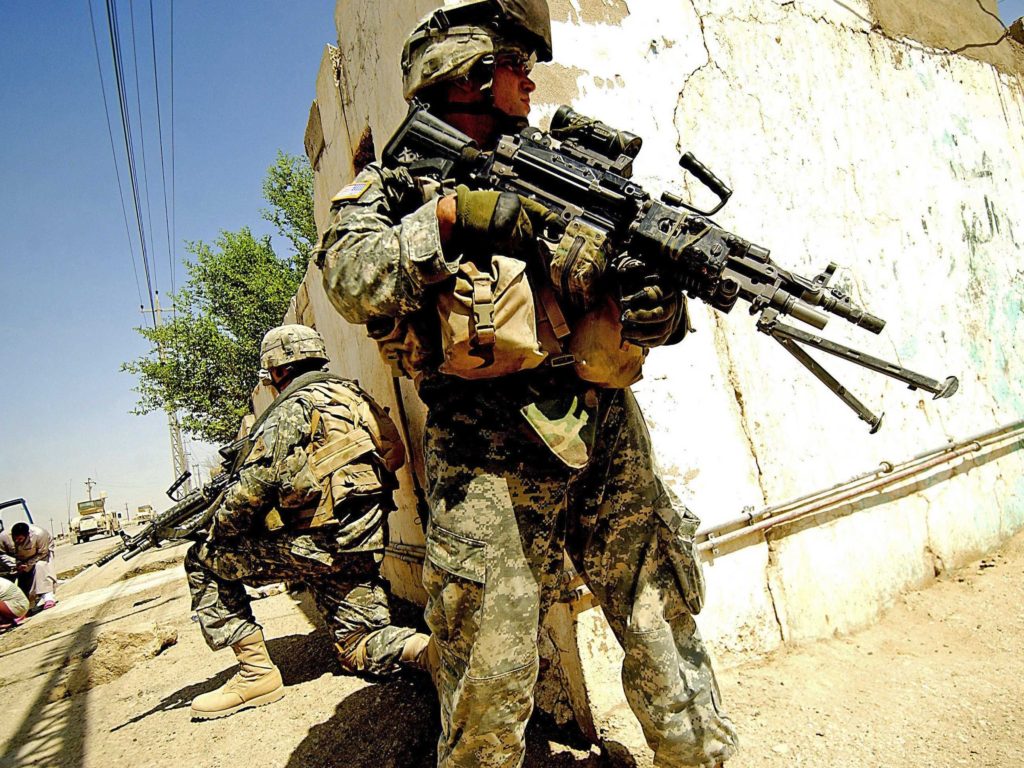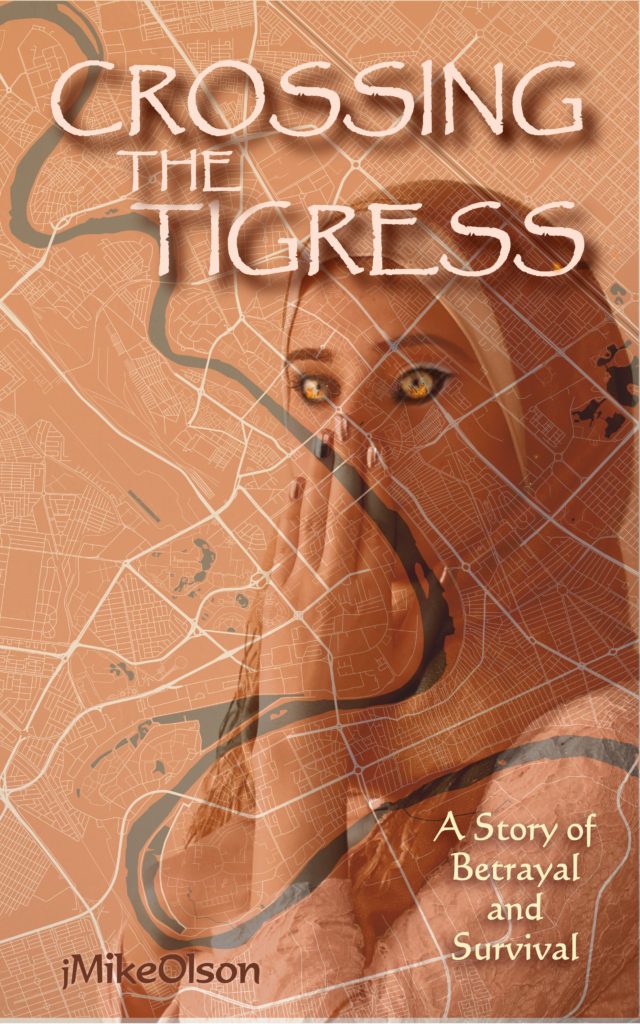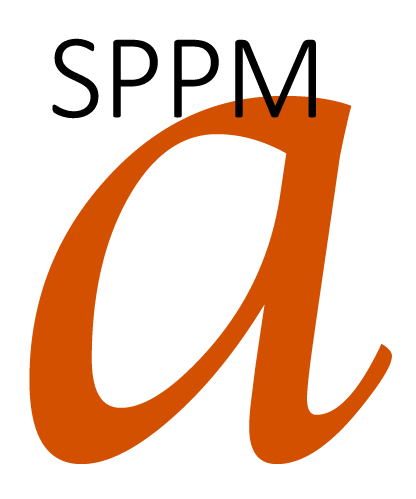
chapter 13/ Baghdad: 14 April 2003
Late in the afternoon, as the buildings cast long shadows across the street, an American Army patrol, supported by a tank and an armored personnel carrier, passed by the neighborhood water distribution point that the community set up after the public water system ceased to function. Their approach was announced by the excited shouts of the kids, barely heard over the imposing rumbling engines and squealing tracks of the two heavy vehicles. Young kids and teenagers, who were dressed not-unlike many of the soldiers when they were off duty shouted, “George Bush number one,” and “USA,” as they gave the thumbs up sign and ran alongside the heavily armed foreigners. Two lines of serious faced soldiers, one on each side of the road walked ahead, some scanning the roof tops and the upper floor windows, while others skimmed the faces of the people lining the sidewalks. Most of the soldiers maintained a stoic face, though some made eye contact and marginally smiled.
Dalia and Sahar watched the American patrol as they stood in line to fill their buckets with water at the truck-mounted faucet next to the open-air café where Sahar had first heard that the war was inevitable. Sahar leaned over to talk directly into Dalia’s ear, “The walls of Baghdad had been scaled. The ‘Mongols’ have arrived.”
Mother and daughter watched the closest soldier as he passed within three meters of them. He, like all of them, wore brown boots. Across the chest of his camouflage uniform of numerous shades of tans and browns, was an armored-plate covered with light brown cloth, which was partially concealed by a webbed cargo-carrying vest. His dusty brown kneepads looked practically worn out, and goggles were strapped atop his helmet. The black automatic rifle he carried with an ammunition magazine sticking in it pointed toward the ground in front of him, his gloved finger next to the trigger. He had smoke grenades, fragmentation grenades and additional magazines in his cargo vest, and a big, sheathed knife hung on his belt. He wore a water bladder on his back that connected to a flexible rubber hose that hung near his mouth just above a loose fitting greenish-tan bandana. His face was sweaty with remnants of camo and dirt stuck to his jaw and cheeks mostly hidden behind the chin strap that secured his kevlar helmet. As he passed he momentarily locked eyes with Dalia and when he did, he nodded slightly in her direction as he continued to march.
Sahar glanced away from him to look at her daughter. Dalia stood motionless staring at the soldier. Neither Sahar nor Dalia had ever seen an American soldier in person, and neither could say a word. They could feel and hear the tank approaching. The tank’s gun tube appeared first, a light brown muzzle emerging from beyond the sidewall of the next building over. Sahar moved closer and put her hand around Dalia’s shoulder and left it there. Dalia leaned towards her mother and reached over to hold her free hand.
A few soldiers poked their heads out of the tank. One appeared to be the driver with two others manning big machine guns. The two women stared and braced their stances, as a very heavy smell of diesel exhaust washed over them in a hot dusty wind as the metal monster rumbled past. A Humvee and more soldiers passed, then the personnel carrier, with filthy duffle bags covering its shell, roared by slowly. Several soldiers were standing or sitting in it attending large machine guns that were pointing up towards the roof lines, ahead and behind the column.
Behind the two big vehicles more dismounted soldiers passed. Two more Humvees rolled by, each with a machine gun and gunner who pivoted from side to side as if to demonstrate to the onlookers that they could immediately shoot lots of bullets in any direction.


